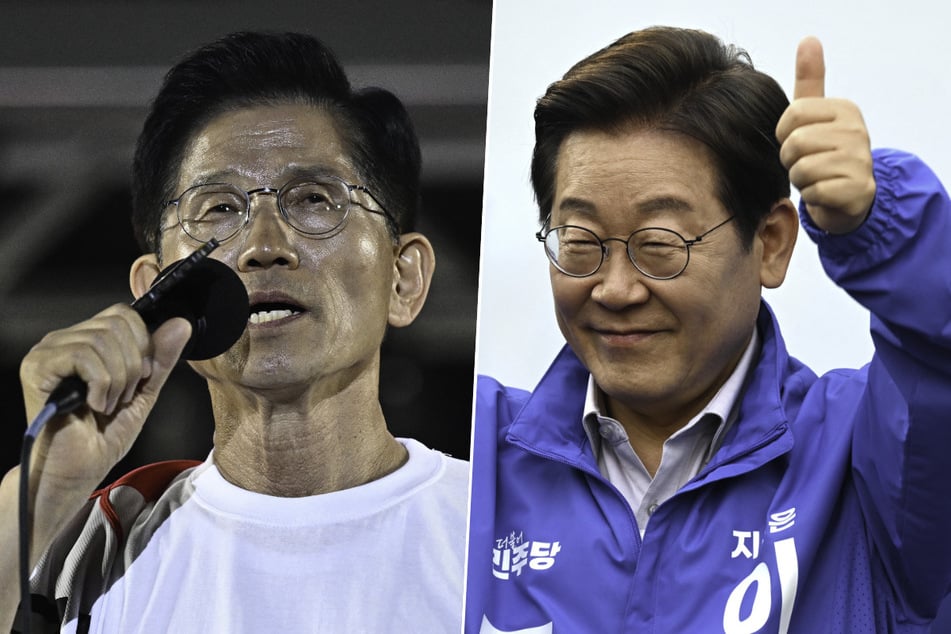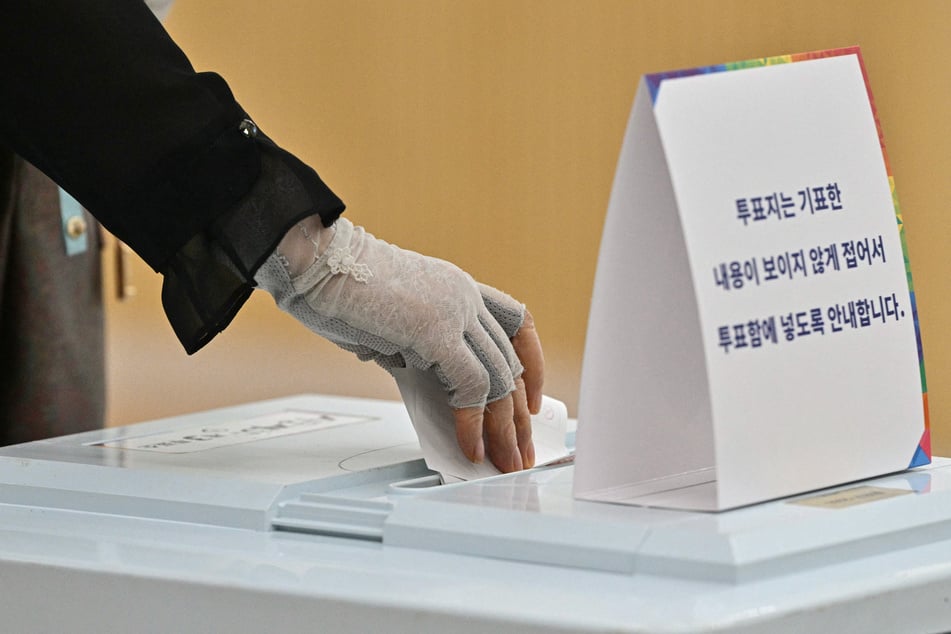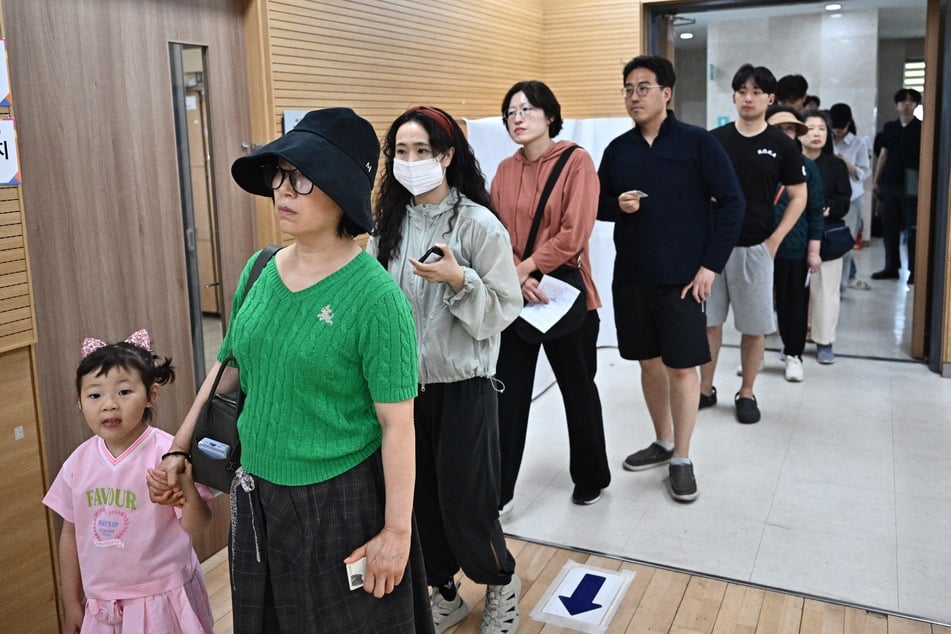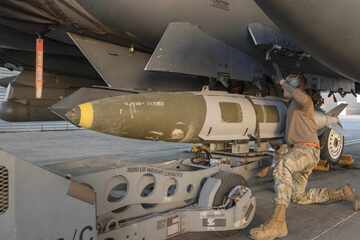South Koreans hit the polls to elect new president after martial law turmoil
Seoul, South Korea - South Koreans began voting Tuesday for a new president, six months to the day after ex-leader Yoon Suk Yeol plunged the country into political chaos with his disastrous declaration of martial law.

A handful of elderly voters lined up at a polling station in Seoul's Munrae-dong area at 6:00 AM to cast their ballots when voting began.
"We were the first to arrive with the hope our candidate gets elected, and because the presidential election is the most important," Yu Bun-dol (80) told AFP, adding she was voting for the conservative People Power Party (PPP) – Yoon's former party.
Millions have already cast their ballots in the snap election, with more than a third of registered voters doing so last week during two days of early voting, the National Election Commission said.
All major polls have put liberal Lee Jae-myung well ahead, with the latest Gallup survey showing 49% of respondents viewed him as the best candidate.
Campaigning is not allowed on election day, but Lee posted on Facebook that the vote would "show the strength of the Korean people," after months of turmoil.
Kim Moon-soo, from the conservative PPP, has trailed Lee in the polls, on 35% in the Gallup survey.
South Koreans cast ballots amid fallout from martial law decision

The fallout from the martial law declaration, which has left South Korea effectively leaderless for the first months of US President Donald Trump's second term, is the top concern for voters, experts said.
"Polls show the election is largely viewed as a referendum on the previous administration," Kang Joo-hyun, a political science professor at Sookmyung Women's University, told AFP.
"The martial law and impeachment crisis not only swayed moderates but also fractured the conservative base."
Yoon's impeachment over the martial law bid, which saw armed soldiers deployed to parliament, made him the second straight conservative president to be stripped of office after Park Geun-hye in 2017.
Conservative candidate Kim also failed to convince a third party candidate, Lee Jun-seok of the Reform Party, to unify and avoid splitting the right-wing vote.
Voter Park dong-shin (79) said Yoon's martial law declaration "was the kind of thing done during the old days of dictatorship in our country."
He said he was voting for the candidate who would make sure those responsible were "properly dealt with."
South Korea's new president to assume office immediately

Seoul's streets were peaceful as people made the most of good weather and a public holiday, but police issued the highest level of alert and deployed thousands of officers to ensure the poll proceeded smoothly.
South Korean presidents serve a single five-year term.
Lee's Democratic Party already holds a parliamentary majority, and analysts say the fractured conservative base will struggle in opposition unless it can resolve its issues.
"Conservative politics was associated with competent governance, but it's now hard to argue that they remain capable," said Kang Won-taek, a political science professor at Seoul National University.
With a regular presidential election, there is a months-long transition period, and the new leader's term begins at midnight after the predecessor's final day. But in a snap election, the winner becomes president as soon as the National Election Commission ratifies the vote tally.
After months of turmoil and a revolving door of lame-duck acting leaders, many South Koreans are eager for the country to move forward.
Cab driver Choi Sung-wook (68) said he was voting for liberal Lee, partly due to his impoverished childhood, which he believed "will have a big influence on how he will serve the people."
"I thought Yoon would do well, but he betrayed the people. I hope the next president will create an atmosphere of peace and unity rather than ideological warfare."
Overall voter turnout is expected to be high.
"The focus won't be on whether Lee will win, but on whether he will secure more than 50% of the vote," said Bae Kang-hoon, co-founder of political think tank Valid. "If he manages to do so, it would give him a significant boost in momentum to govern as president."
Cover photo: Collage: Pedro Pardo / AFP & Jung Yeon-je / AFP
